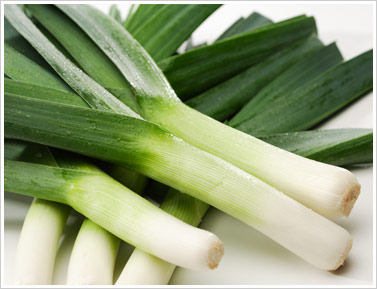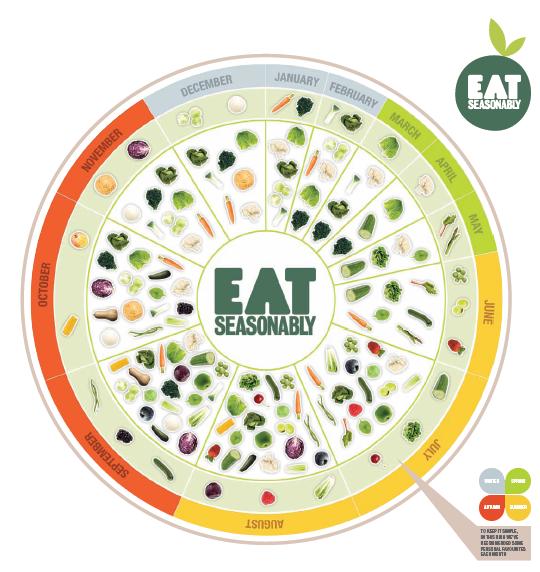Eating Seasonal (and Sustainable)
/ I've written before on The Changebase about my own journey to find sustainable, local food - including this post on defining what local food really is.
The big conclusion I reached after trying to define "local" was that what I really meant was eating seasonal.
I've written before on The Changebase about my own journey to find sustainable, local food - including this post on defining what local food really is.
The big conclusion I reached after trying to define "local" was that what I really meant was eating seasonal.
By eating seasonally, we get a couple of benefits:
- Food tastes better: Anyone living in a New England winter who's bought a package of raspberries shipped from California (or farther away!) knows what I'm talking about. There's a reason why raspberries, and many other fruits and veggies, don't grow naturally in the winter. Wait until prime growing season and your tastebuds will be rewarded.
- It doesn't cost as much: Buying produce in season means you're getting it when it's most abundant - which means it's less expensive. Trust me, your wallet will thank you.
- The planet is happier (and so are you): Ok, maybe "happy" isn't the right word, but there's plenty of evidence that eating in season places less stress on the environmental systems needed to grow your food. It means avoiding much of the artificial "stuff" that gets used to grow your watermelons in December, which by extension means ingesting less artificial stuff when you eat.
So what's the catch? Well, I've found that it's actually kind of difficult to find out what's seasonal - given that each region of the world has different growing seasons (as well as natural resources that make growing certain foods easier or more difficult).
That said, I did find one resource recently that I thought was worth sharing.
Eat Seasonably is a UK-based campaign to get people thinking about what they eat and when. I first heard about this group via Twitter, and when I saw the incredibly helpful seasonal calendar they created, I was hooked.
Granted, I'm contradicting myself because this is an initiative that's focused on the United Kingdom, so the information in this calendar isn't completely applicable to where I (or maybe you) live. Still, the interactive map and downloadable pdf they put together is such a great tool that I still think it's worth sharing.
Check out the website and play with the interactive calendar - it's an easy, seamless, and visually interesting way of understanding what's best, what's available, and what should be avoided when.
According to the calendar, February's best includes leeks and cabbage...
Happy eating (seasonally)!


